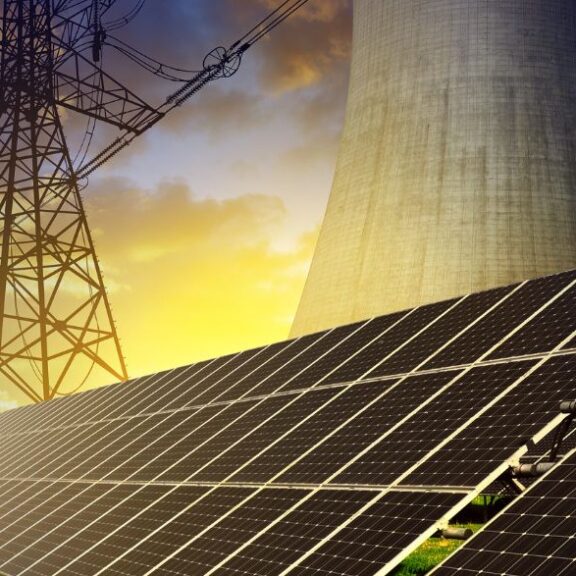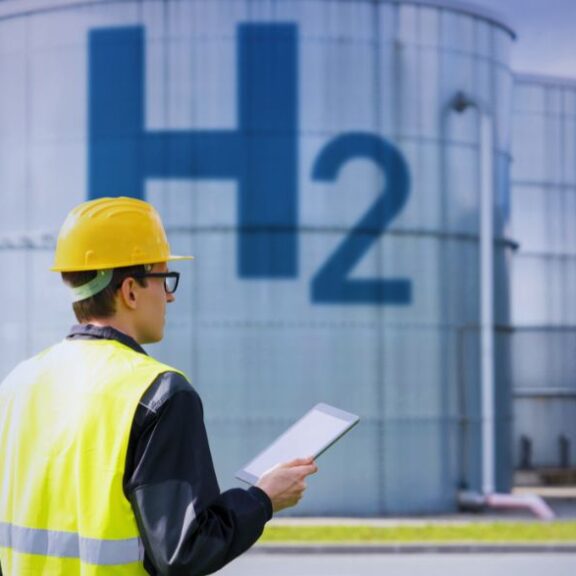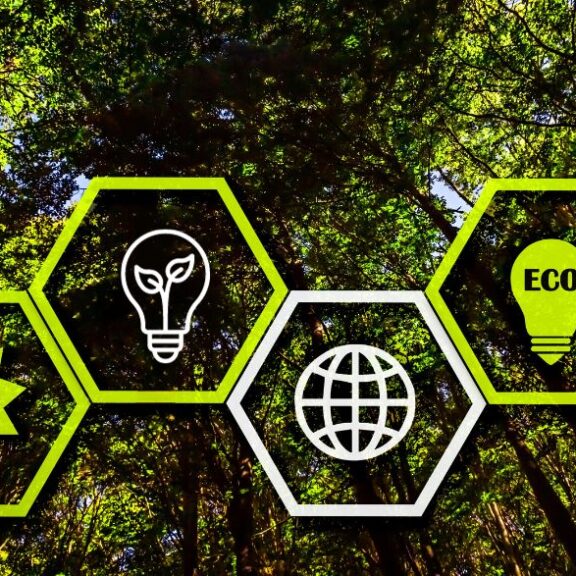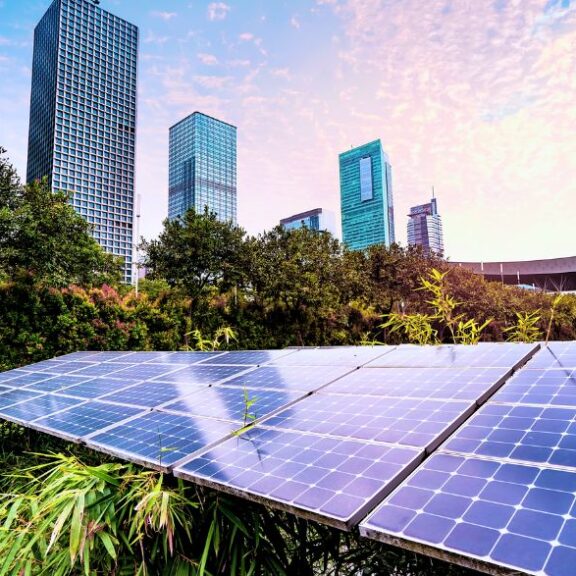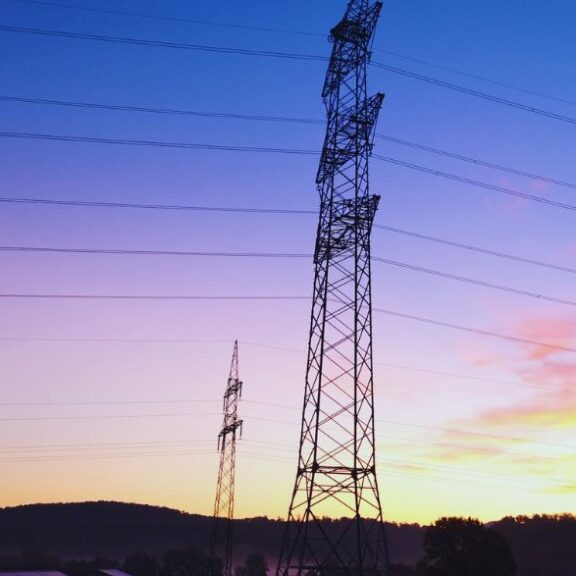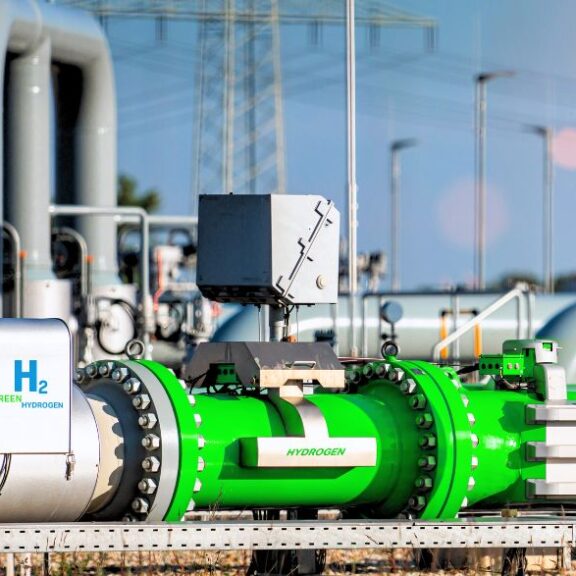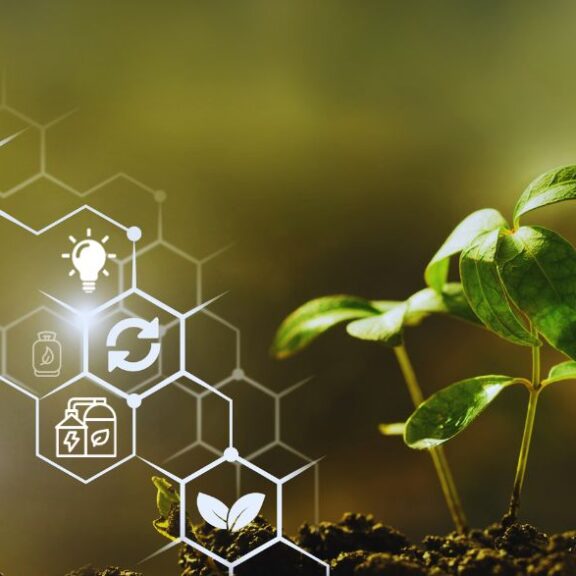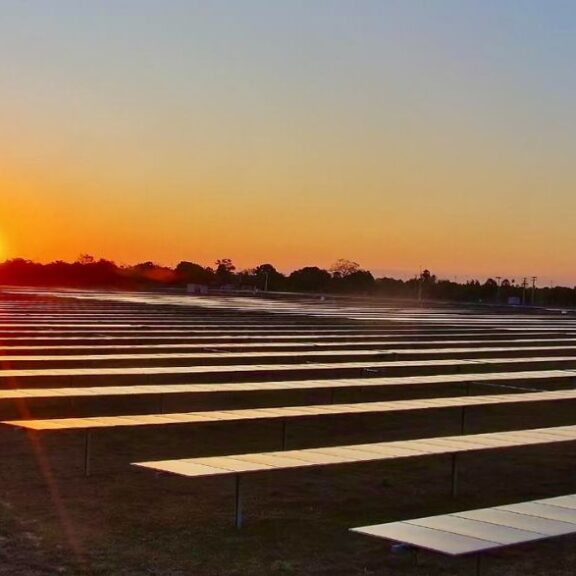Leadership in biofuels and growth in renewable energy
In 2023, Brazil reaffirmed its leadership position in renewable energy, especially in the biofuels sector, being a global model of sustainability and innovation. This article explores the country's recent achievements, highlighting its crucial role in the global transition to cleaner, more sustainable energy.

